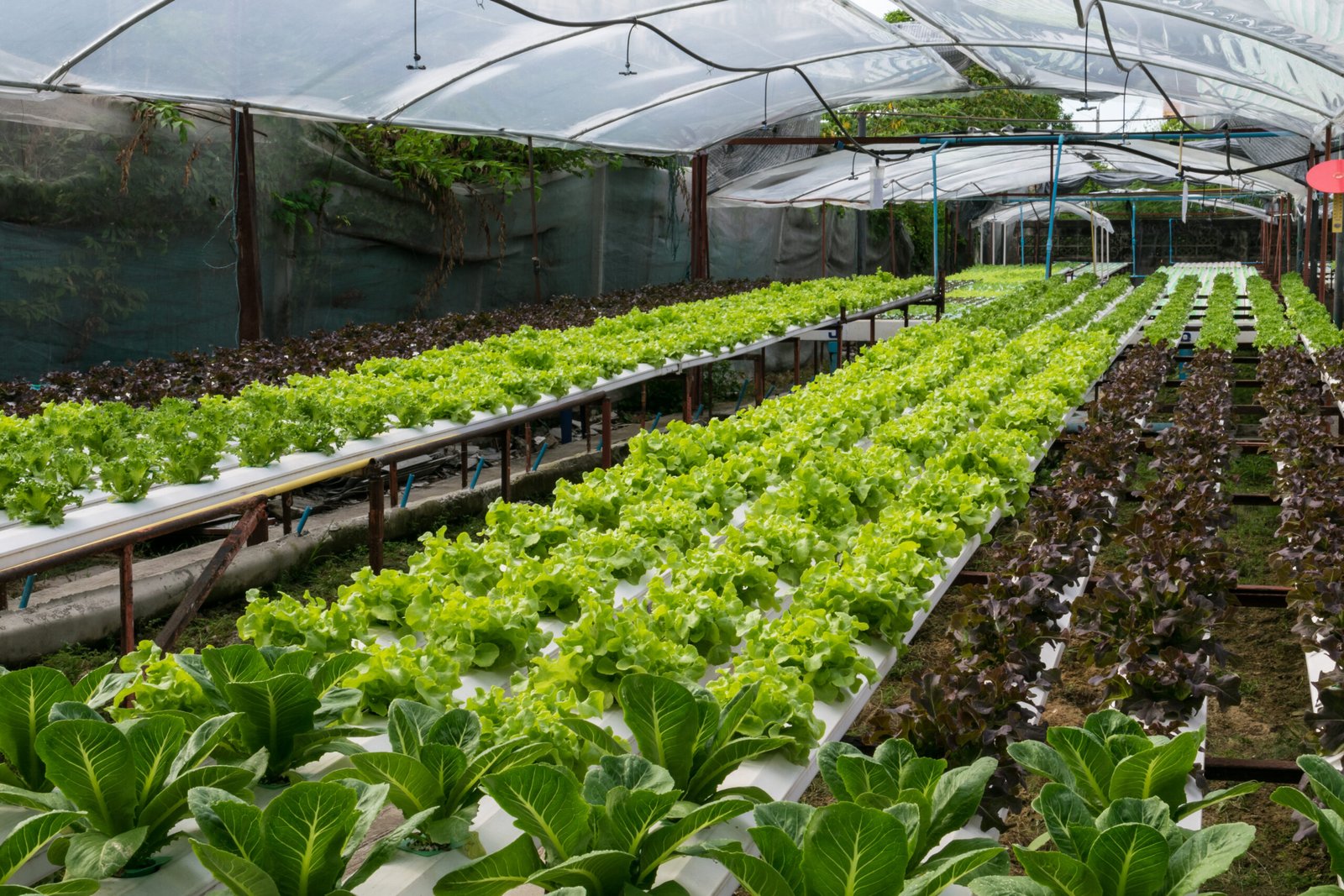⚫Introduction:
Hydroponic cultivation is a method of growing plants without soil, using mineral nutrient solutions in an aqueous solvent. This innovative approach to farming is gaining traction worldwide due to its efficiency and sustainability. However, adopting hydroponic cultivation requires a significant amount of knowledge and expertise. This is where hydroponic training and consultancy services come into play, offering invaluable support to new and experienced growers alike. In this blog, we’ll explore the critical role these services play in promoting and facilitating the adoption of hydroponic farming.
⚫Understanding Hydroponics: The Need for Training
Hydroponics is a science-based approach to agriculture that demands a thorough understanding of plant biology, chemistry, and environmental control systems. The complexity of this method means that without proper training, new adopters can face significant challenges, including:
1. Nutrient Management: Understanding the precise mix of nutrients required for different plants is essential. Incorrect nutrient balances can lead to poor plant health or even crop failure.
2. Water Quality: Managing water quality and ensuring it remains contaminant-free is crucial in hydroponic systems.
3. Environmental Control: Maintaining optimal light, temperature, and humidity levels is necessary for plant growth.
4. Pest and Disease Control: Identifying and managing pests and diseases in a soilless environment requires specialized knowledge and techniques.
5. Hydroponics Training programs offer a structured way to gain this essential knowledge, ensuring that growers can start and maintain successful hydroponic operations.
⚫The Role of Hydroponic Consultancy
Consultancy services provide ongoing support and expert advice tailored to the specific needs of a hydroponic operation. Consultants can assist with:
1. System Design: Helping choose and design the most appropriate hydroponic system for the grown crops and the available space.
2. Operational Setup: Advising on the best practices for setting up a hydroponic farm, from equipment selection to initial planting.
3. Troubleshooting: Offering solutions to problems during cultivation, such as nutrient deficiencies or pest infestations.
4. Optimization: Providing strategies to optimize plant growth, improve yields, and increase efficiency.
Consultants often have years of experience and a wealth of knowledge, making them invaluable resources for both new and established growers.
⚫Benefits of Hydroponic Training and Consultancy
1. Increased Adoption Rates:
Training and consultancy services lower the barriers to entry for hydroponic farming. By providing the necessary knowledge and support, these services make it easier for individuals and businesses to adopt this innovative cultivation method.
2. Higher Success Rates:
Well-trained growers and those who utilize consultancy services are more likely to succeed. They are better equipped to handle challenges and optimize their systems for maximum efficiency and yield.
3. Knowledge Sharing:
Training programs and consultancy services help disseminate best practices and the latest research findings within the hydroponics community. This sharing of knowledge contributes to the overall advancement of the field.
4. Sustainable Practices:
Proper training ensures that growers understand the principles of sustainable hydroponic farming, such as efficient water use and minimizing chemical inputs. This leads to more environmentally friendly operations.
5. Economic Benefits:
Hydroponic systems, when managed correctly, can produce higher yields compared to traditional farming. This increased productivity translates into higher profits for growers. Training and consultancy services help maximize these economic benefits.
⚫Real-World Examples
Many urban farms have successfully integrated hydroponic systems with the help of training and consultancy. For example, Gotham Greens, an urban agriculture company, has utilized expert advice to establish several rooftop hydroponic farms in New York City. Their success has demonstrated the viability of hydroponic farming in urban settings and has inspired others to follow suit.
1. Educational Institutions:
Educational institutions are increasingly incorporating hydroponic systems into their curricula, providing students with hands-on training in this advanced farming technique. For instance, the University of Arizona’s Controlled Environment Agriculture Center (CEAC) offers courses and workshops on hydroponics, helping to educate the next generation of growers.
2. Commercial Growers:
Large-scale commercial operations also benefit from consultancy services. BrightFarms, a company that builds and operates hydroponic greenhouses, works closely with consultants to optimize their systems and ensure consistent, high-quality produce. This collaboration has been key to their expansion and success in the competitive fresh produce market.
⚫Conclusion:
The adoption of hydroponic cultivation represents a significant step forward in sustainable agriculture. However, the complexity of this method requires a solid foundation of knowledge and ongoing support. Hydroponic training and consultancy services play a crucial role in providing this foundation, helping growers to succeed and thrive in this innovative field. By investing in these services, individuals and businesses can unlock the full potential of hydroponic farming, leading to more efficient, productive, and sustainable food production systems.
For more information on our courses and to read more testimonials, visit our website at Jyoti Hydroponics.
#agribusiness #hydroponics #hydroponicsguide #hydroponicsfarming #hydroponicscourses #hydroponicstraining #hydroponicsconsultant #hydroponicsconsultancy #hydroponicsworkshops #hydroponicsmeeting #hydroponicsprojects #hydroponicszoomeeting #hydroponicstraining #hydroponicsnutrients #hydroponicspests #hydroponicsmanagement





0 Comments